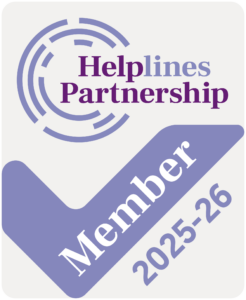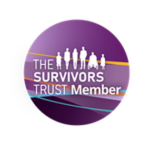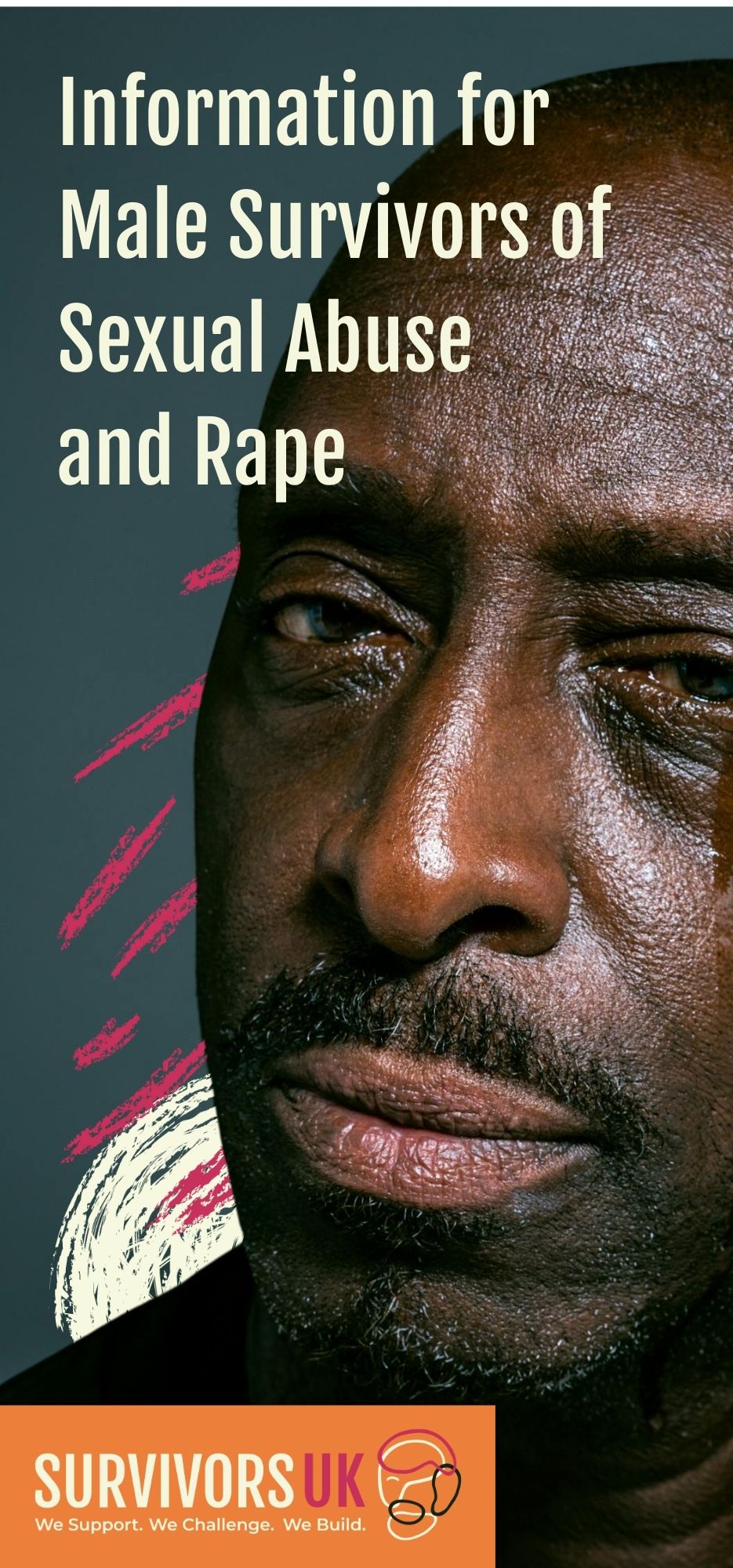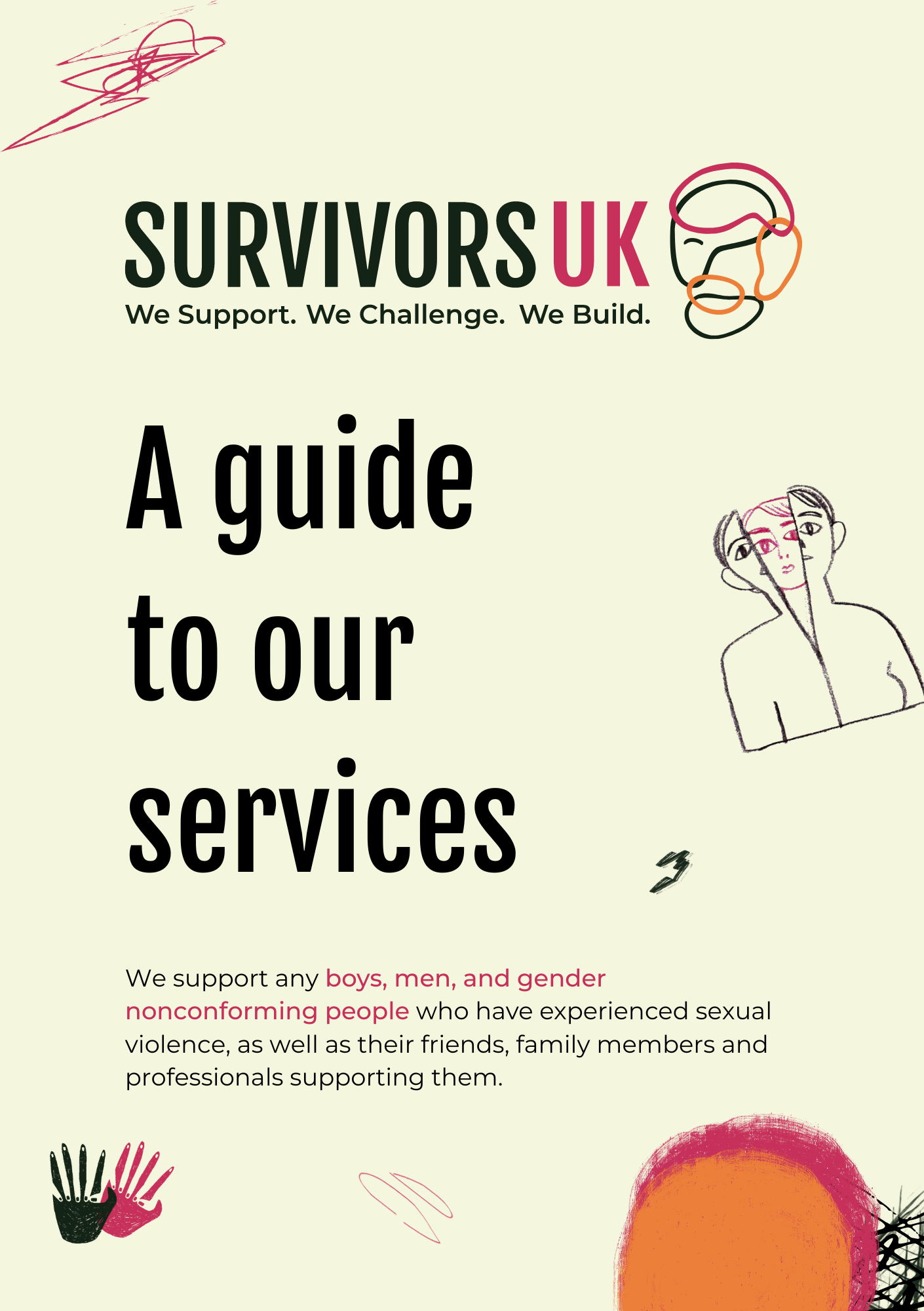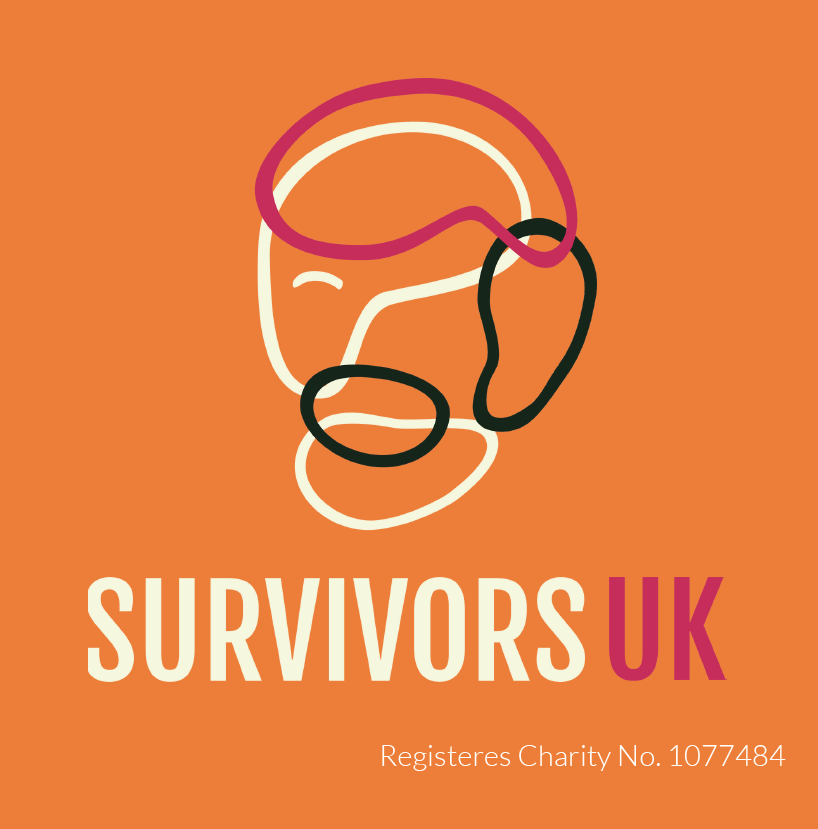Depending on availability, we may be able to offer bespoke training packages to organisations at your premises.
Trainer: Dr Katherine Cox
Lunch provided.
Rates
Large organisations £150 per person (or £120 pp for 3+ bookings)
Small organisations or individuals £100 per person (or £75 pp for 3+ bookings)
Dates
Saturday 23 May 2020
10am to 4pm


